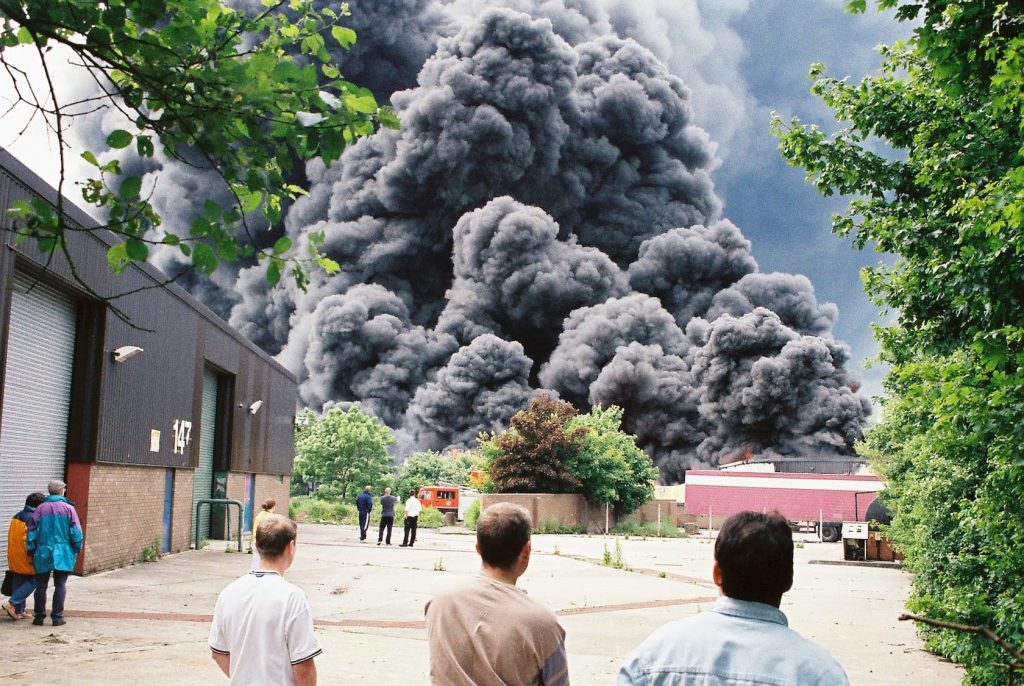Crisis conditions are situations in which a larger or smaller group of people is under threat to the extent that they are unable to control the course of events or successfully deal with the consequences resulting from the damage incurred during the event. This professional graduate study programme will enable you to acquire competencies to plan and implement prevention measures with the aim of preventing and mitigating the effects of crises and disasters, both in companies and in the human environment. It will also enable you to provide professional assistance and coordinate professional teams and equipment during and after crises.
About the study
The study program is designed to educate professionals capable of independently and effectively managing crisis situations and security systems in accordance with national, European, and international standards.
Through an interdisciplinary approach, students are trained to conduct detailed risk analysis, effectively manage business crises, assess system resilience, develop recovery and business continuity strategies, and coordinate security systems. They develop key competencies in strategic decision-making, crisis communication management, and working in multidisciplinary teams, with a special emphasis on the protection of people, the environment, and critical infrastructure.
Upon completion of the study program, students acquire professional and general competencies necessary for effective management of crises, security, and business continuity, in accordance with current national, European, and international standards.
Professional Competences:
Graduates are qualified to conduct detailed risk analyses, manage emergency situations, lead crisis communication, and coordinate multidisciplinary teams. They understand the importance of data protection, environmental safety, and critical infrastructure, and are capable of identifying and managing security threats across various sectors.Their competencies include strategic decision-making, developing recovery and business continuity programs, and assessing organizational resilience. They provide employers with reliable expert support to enhance security systems and respond effectively to crises, with a strong emphasis on ethical responsibility and continuous professional development.
General Competences:
Students develop communication skills, teamwork abilities, and the use of information technologies in crisis situations. They acquire ethical responsibility, the ability to learn and self-learn using literature and modern self-learning tools, as well as critical thinking, decision-making skills, and the capacity for ethical and responsible reasoning and action in professional and social contexts.
Career Opportunities
The acquired competencies enable graduates to find employment in national and local government bodies, civil protection, security services, the military, police, humanitarian organizations, and the private sector.
Upon successful completion of all exams and required coursework, and the preparation and defense of a master’s thesis, students acquire applicable knowledge and skills in crisis management, security planning, and operational response to emergency situations.
Learning outcomes of the study programme:
KM1. Apply dynamic crisis models and typologies to adapt to the specifics of various crises and resolve emerging problems.
KM2. Assess the specifics of an emergency situation for the effective establishment of a security system.
KM3. Distinguish between the characteristics of traditional and modern crises to develop new models for responding to contemporary risks.
KM4. Re-examine the origins and sources of business crises.
KM5. Evaluate models of crisis management.
KM6. Lead the crisis management process during critical situations.
KM7. Independently use English in reading professional literature and for professional communication.
KM8. Apply crisis management tools in crisis governance.
KM9. Propose strategic decisions for effective crisis management.
KM10. Apply tools and strategies for crisis communication.
KM11. Independently lead a crisis communication team and manage crisis communication.
KM12. Critically evaluate various threats, measures, and business security systems to make informed decisions.
KM13. Analyze business processes and assess business continuity options in crisis situations.
KM14. Propose ideas, solutions, and projects related to operations under crisis conditions.
KM15. Apply acquired knowledge in further professional work and academic education, with appropriate moral and ethical conduct.
KM16. Self-assess and choose methods for continuous improvement and education in the field of crisis management.
